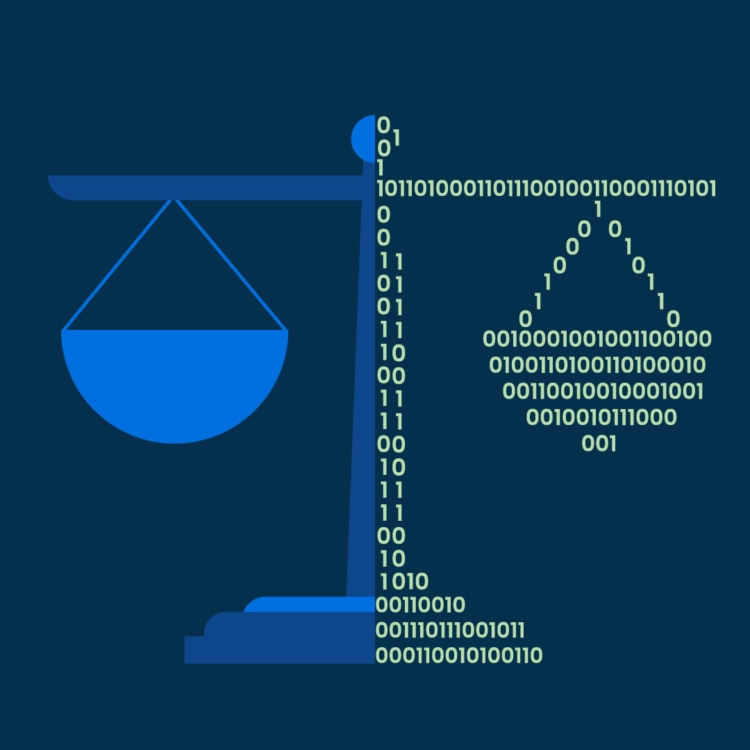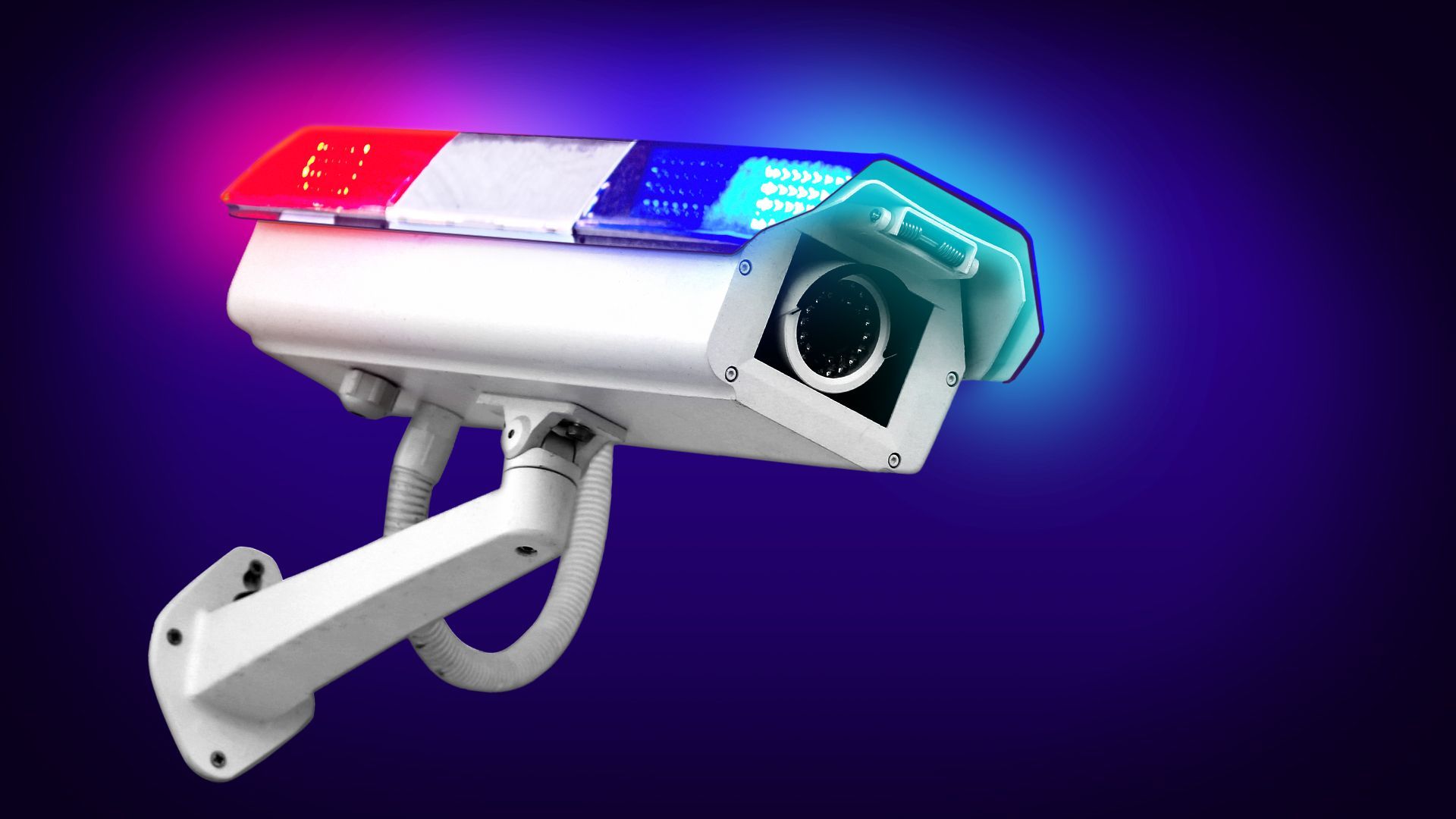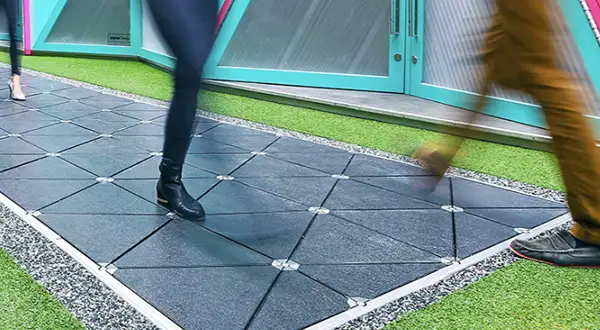Video Game Consolidation is Likely to Continue

By Garrett Handegan
Video game companies are consolidating at a rapid pace. In 2014 Microsoft acquired Mojang, best known for creating Minecraft.[1] In 2018 Microsoft acquired five new studios: Undead Labs, Playground Games, Ninja Theory, and Compulsion games.[2] In 2020 Microsoft acquired ZeniMax Media, a video game holding company responsible for producing some of the most popular video game experiences in the market.[3]



